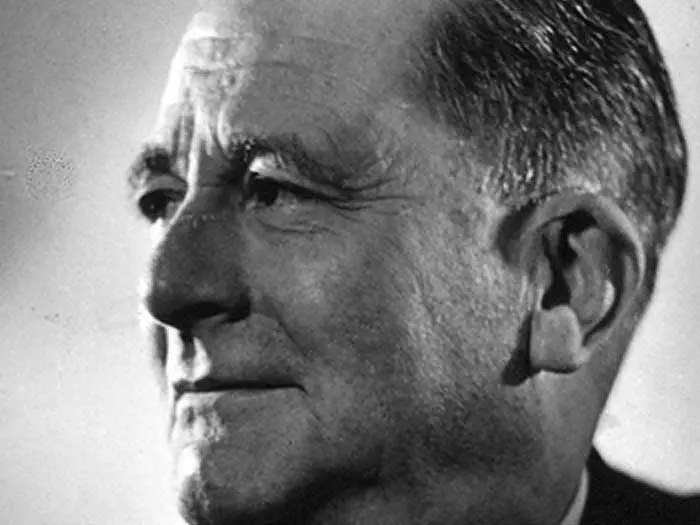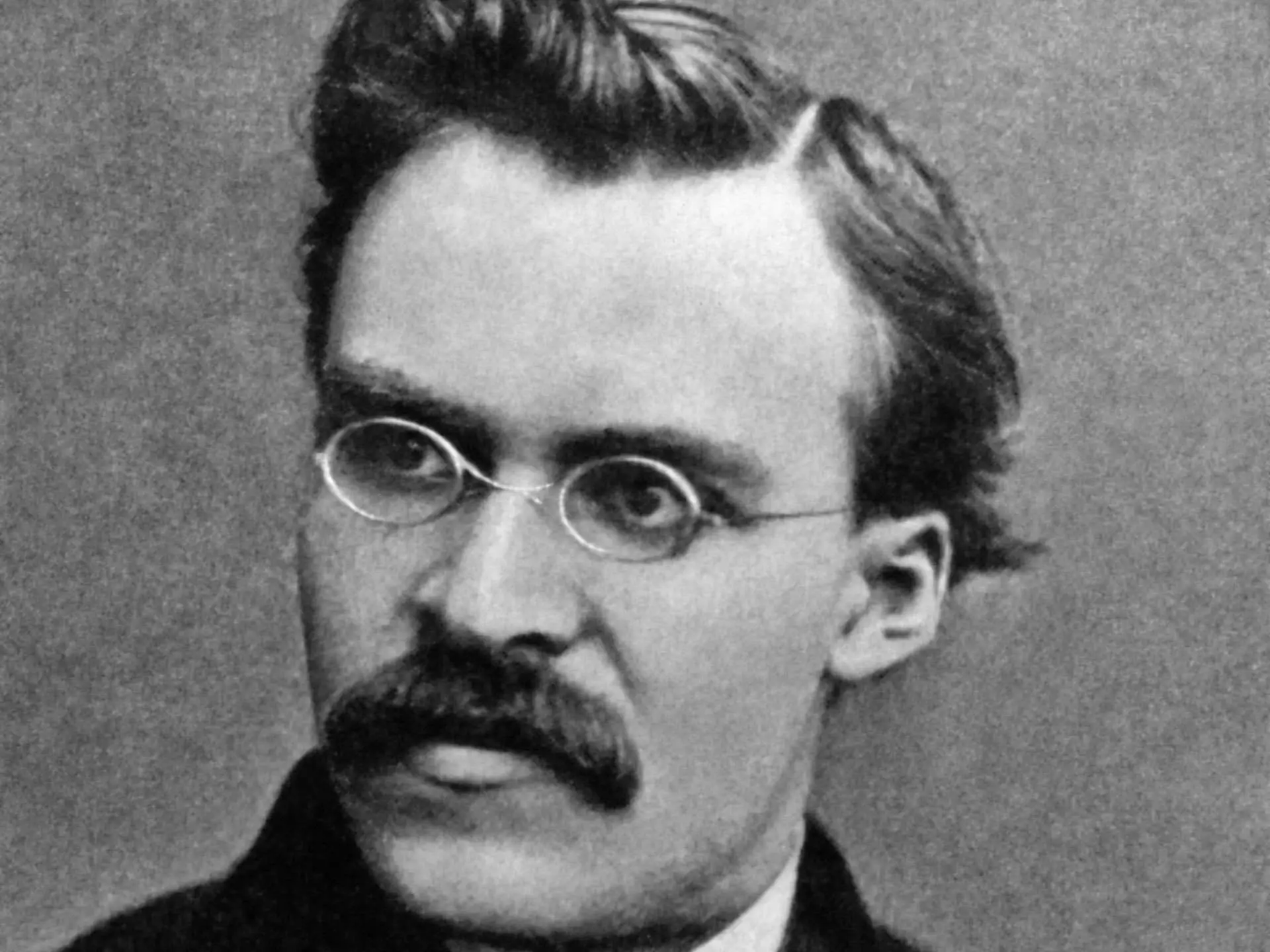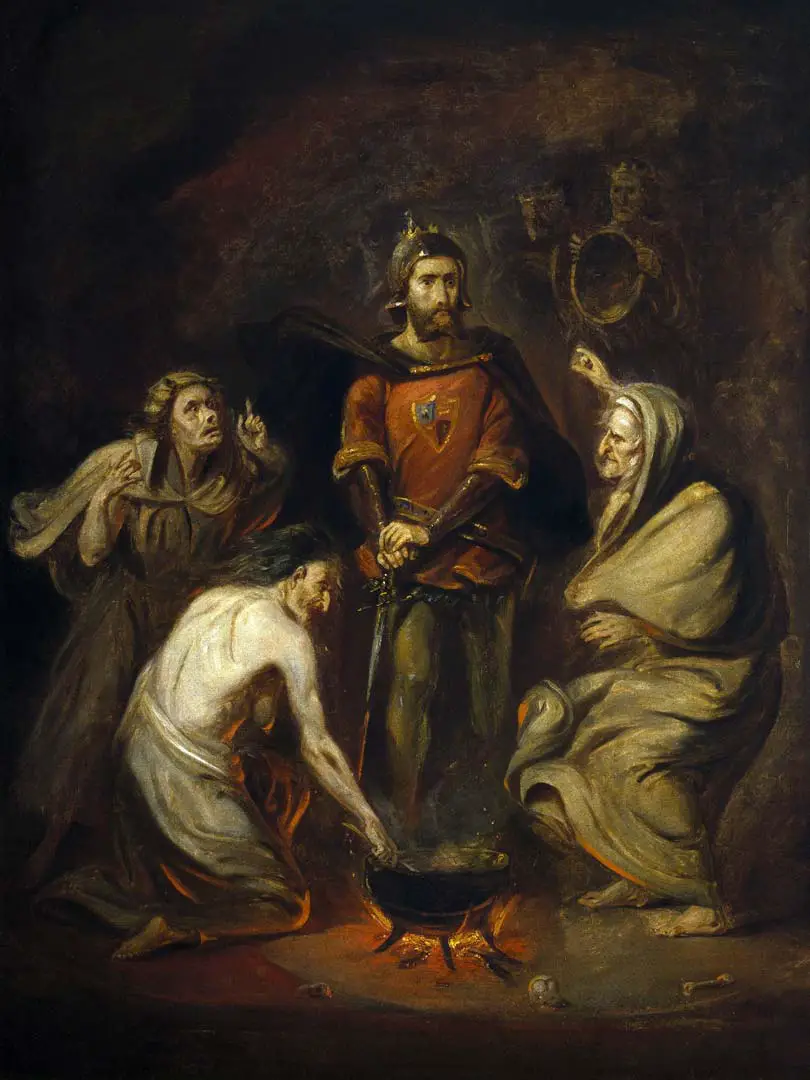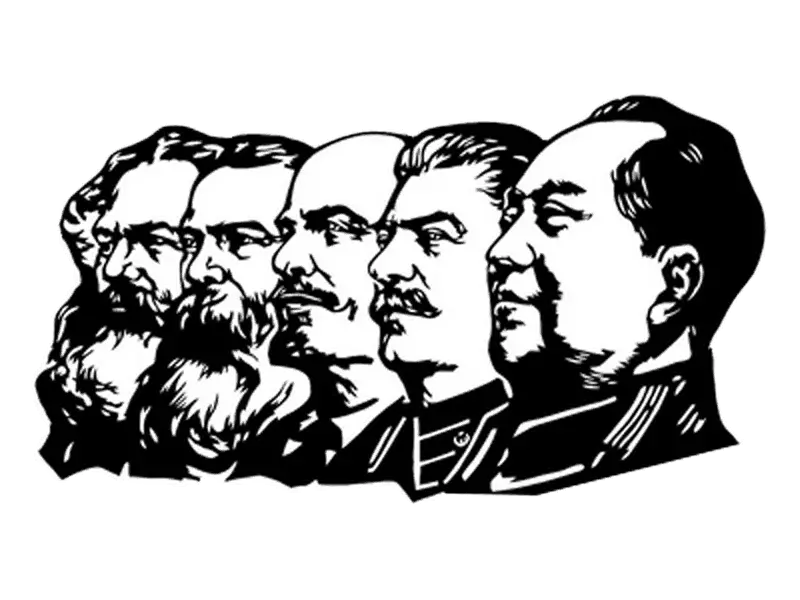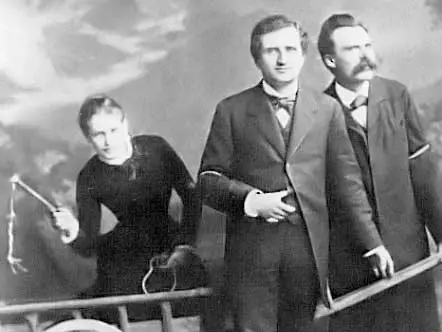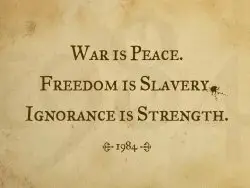The paradox of tolerance
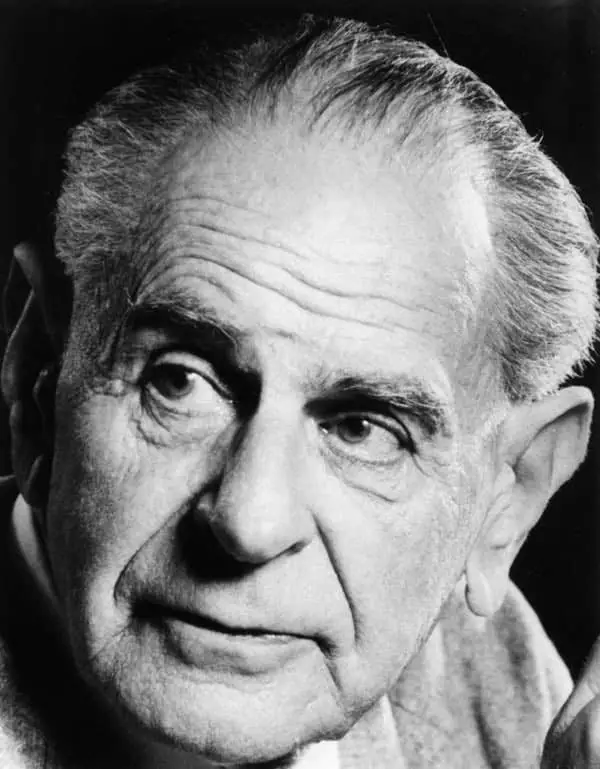

The paradox of tolerance
The liberal ideology has a number of paradoxes. One that threatens liberalism at its core is the paradox of tolerance. It is without doubt that liberalism is an ideology of tolerance. The common argument from the liberal front sounds as follows: “I do not agree with what you say, but I will defend your right to say it!” This type of openness towards the other can be parasitic to the polity in question. For, if the liberals are to tolerate all the views, would they not succumb, in the end, towards views which reject liberalism as such? In other words, the paradox of tolerance states that being tolerant must refute the intolerance of the other towards the tolerant self.
Historical context of the paradox
Among the first to recognize this paradox was Karl Popper. Although he is primarily (and with good reason) remembered for his philosophy of science, it is essential to view his political philosophy as well. The context of Popper’s views on tolerance is incredibly important. More often than not, this context is neglected, both by professional philosophers/academics as well as internet users who are interested in the topic. It is for this reason that we must place an emphasis on the citation that brings forward the paradox of tolerance, in order to underline more than a mere quote. Not doing so leads to an unclear citation.
Unlimited tolerance must lead to the disappearance of tolerance. If we extend unlimited tolerance even to those who are intolerant, if we are not prepared to defend a tolerant society against the onslaught of the intolerant, then the tolerant will be destroyed, and tolerance with them. In this formulation, I do not imply, for instance, that we should always suppress the utterance of intolerant philosophies; as long as we can counter them by rational argument and keep them in check by public opinion, suppression would certainly be most unwise. But we should claim the right to suppress them if necessary even by force; for it may easily turn out that they are not prepared to meet us on the level of rational argument, but begin by denouncing all argument; they may forbid their followers to listen to rational argument, because it is deceptive, and teach them to answer arguments by the use of their fists or pistols. We should therefore claim, in the name of tolerance, the right not to tolerate the intolerant. We should claim that any movement preaching intolerance places itself outside the law, and we should consider incitement to intolerance and persecution as criminal, in the same way as we should consider incitement to murder, or to kidnapping, or to the revival of the slave trade, as criminal (Karl Popper, [amazon asin=B00ABKGP4E&text=The Open Society and Its Enemies]).
We should put special importance on the time/space when Popper writes these words, and precisely the reason why he emphasises the use of violence against the intolerant – the time/space is World War II in Europe. Keeping this in mind is of utmost importance, for Popper does not mean to say that all intolerance is to be ousted from societies. It is under certain conditions, which may lead to intolerances that were prevalent during this particular time that a violent opposition to intolerance can be demanded.
One should also emphasise that Popper’s interest in the topic of tolerance is recounted by him in an anecdote of his early years. Enamoured by Marxism, as many were in those days, he could not grasp the historicism that accompanied it. During a riot some of his friends were shot by the police. While talking to the Communist party about this event, he was told that his friends lost their lives for a good cause – they were working towards the inevitable revolution of the proletariat. It is this type of historicism – a belief in the progress of science to predict human affairs – that he rejected. This relation between science and political philosophy is at the heart of his endeavour to have sound scientific theories. However, it is also the reason why he could not accept a theoretical view, which did not allow for change. Such views, Popper would claim, were not falsifiable, and for this very reason could be utilised to intolerant ends.1
The paradox of intolerance
Although Popper was a proponent and defender of tolerance, he did recognize its limits – hence the paradox. He could not find a solution to the paradox as such and instead resorted to what is currently called an approach reinstating the political distinction between friends and enemies (i.e. a Schmittian conception of the political). Let us return to the citation above in order to empahsise that the intolerant other is the enemy who must be destroyed:
We should claim that any movement preaching intolerance places itself outside the law, and we should consider incitement to intolerance and persecution as criminal, in the same way as we should consider incitement to murder, or to kidnapping, or to the revival of the slave trade, as criminal (Karl Popper, [amazon asin=B00ABKGP4E&text=The Open Society and Its Enemies]).2
It would appear strange that a tolerant man as Popper claimed himself to be, would be espousing such a measure towards intolerance. What the paradox of tolerance shows, it seems, is the doctrine emphasized by Carl Schmitt in the 20s and 30s – that the ultimate distinctions in politics are between friends and enemies; and that their relation has a potential of erupting into violent combat. The paradox of tolerance, in other words, does not have a solution other than what Schmitt pointed out: namely, the end of the political (or politics). Let us briefly recall that for Schmitt, the political is an ineradicable antagonism between various groupings. Within the liberal ideological framework, therefore, we are either facing the end of this antagonism (and thus an end to politics). This is, to be sure, not the end of the world; and Schmitt was clear that an antagonistic form of politics is only the contemporary expression. He states that in a world without politics, would be one containing:
many very interesting antitheses and contrasts, competitions and intrigues of every kind, but there would not be a meaningful antithesis whereby men could be required to sacrifice life, authorized to shed blood, and kill other human beings (Schmitt, The Concept of the Political, p. 35 – unfortunately, no free pdf of this one). 3
The point I am slowly getting at here is that Popper’s problem with intolerance is not a paradox in moral terms; on the contrary, the paradox of tolerance shows that morality is subjected to politics – something already recognized by Aristotle. If Popper would have read his classics better (there is no greater misunderstanding of Plato than in Popper’s work), he would have realized what his statements actually end up doing: a recourse to historicism no longer based on science.
Somewhat ironically, this paradox is of absolutely no consequence to Marxist thinkers that Popper opposes. The reason for this is that tolerance is something that predominantly troubles liberalism. There is no pretension of absolute equality for Marxists, precisely because of the notion of class struggle (and for later Marxists, other kinds of struggles nullify a pretense to equality). So while early liberal thinkers held a pretence in their formulations of liberalism, to deal with the paradox of tolerance became necessary for later liberals like Popper. There are, in fact, very few Marxist thinkers who deal with tolerance as such – or advocate a tolerant mode of action. Quite the opposite, as is the case for example with Zizek, they are very critical of tolerance talk precisely because it is an apolitical notion.
Sign up for Paradox of the Day mailing list and please visit our Patreon support page.
- A similar argument was made by his colleague Imre Lakatos, though they later drifted apart – and if there is a despicable relation in philosophy it is theirs. In a lecture at London School of Economics, Lakatos equally points out the basis of science for political acts.
- Update Jan. 2016: full text pdf at archive.org
- I am strongly opposed to such a liberal solution, as was Schmitt; the opposite side of the end of the political is the reinstatement of the antagonism under “criminal” conditions. Dubbing the enemy “criminal”, as does Popper, leads to particularly intolerant behaviour – e.g. actions invested with such emotional intensity that a resolution is no longer feasible political, and therefore demands immensely intense violent conflict.

